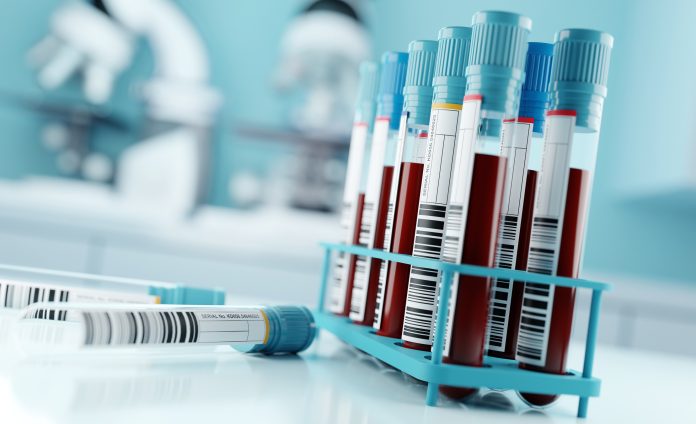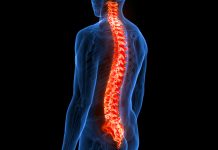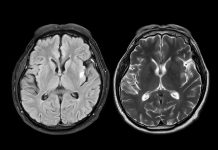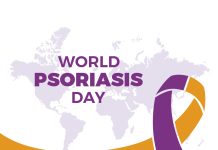A major trial led by the University of Bristol and North Bristol NHS Trust is exploring a panel of blood tests to detect dementia faster and more accurately across diverse UK populations
A landmark study has commenced in the UK, led by the University of Bristol and North Bristol NHS Trust, to assess whether a panel of blood tests can be utilised to diagnose dementia more reliably and earlier in real-world settings. The initiative is part of the wider Blood Biomarker Challenge, funded by major dementia charities and the People’s Postcode Lottery. By including people from minority ethnic groups, older age brackets, and those with other health conditions, the trial hopes to demonstrate how blood-based diagnostics could transform dementia care in the NHS.
Addressing the gaps in care for dementia
This initiative, led by the READ-OUT (REAl World Dementia OUTcomes) research team at the Dementias Platform UK (DPUK), aims to address gaps in diagnosis and improve early detection of dementia, as well as outcomes for people living with the condition.
Elizabeth Coulthard, Professor of Cognitive Neurology at the University of Bristol and Consultant Neurologist at North Bristol NHS Trust, said: “We’re in an incredibly exciting time for dementia research right now, with new drugs that can slow early Alzheimer’s disease. Although these are not yet approved for use in the NHS, we urgently need to revolutionise the way we diagnose people in this country. It will be nothing short of disastrous if people are unable to get a diagnosis early enough to benefit from the new drugs, once they become available. In addition, many people now want and need more accurate diagnoses that blood biomarkers can provide.
“Blood biomarker tests could be the answer to this problem, and the good news is that the technology already exists. What we’re missing is proof that they actually work in a real-world setting.
“Our team will be looking at a range of blood tests, and we are actively recruiting participants in Bristol from a broad range of people, including those from minority ethnic groups, the very elderly and people with other medical conditions. This will show us how the blood tests perform in different UK populations.”
Bringing blood tests for dementia to the NHS
The researchers will assess multiple new and existing blood tests, analysing a range of dementia types, including Alzheimer’s disease, vascular dementia and dementia with Lewy bodies. The research will also focus on whether blood tests can detect these diseases at various stages and whether the results need to be interpreted differently in individuals from different ethnic backgrounds or those with other health conditions.
The study commenced in January 2025, with a nationwide recruitment drive that attracted over 3,100 participants from more than 29 DPUK sites across the UK. These sites are located in NHS memory clinics and community buses to ensure a diverse range of communities can partake.
Professor Coulthard explained: “Every week, I see patients who want to know why their memory is not as good as it used to be. Only with better diagnosis can we develop and deliver new treatments that will offer hope to millions of people with Alzheimer’s disease.”
Laura Chow, head of charities at People’s Postcode Lottery, said: “We are thrilled to see the groundbreaking blood test trial for dementia diagnosis now underway in Bristol. This marks a pivotal moment in the fight against dementia, highlighting the immense value of the funding raised by players of the People’s Postcode Lottery. Early diagnosis is crucial in improving outcomes for individuals living with dementia, and I am delighted that our players are supporting a project that has the potential to transform how the condition is detected and managed.
We look forward to seeing the positive impact this innovative work could have across the UK.”








